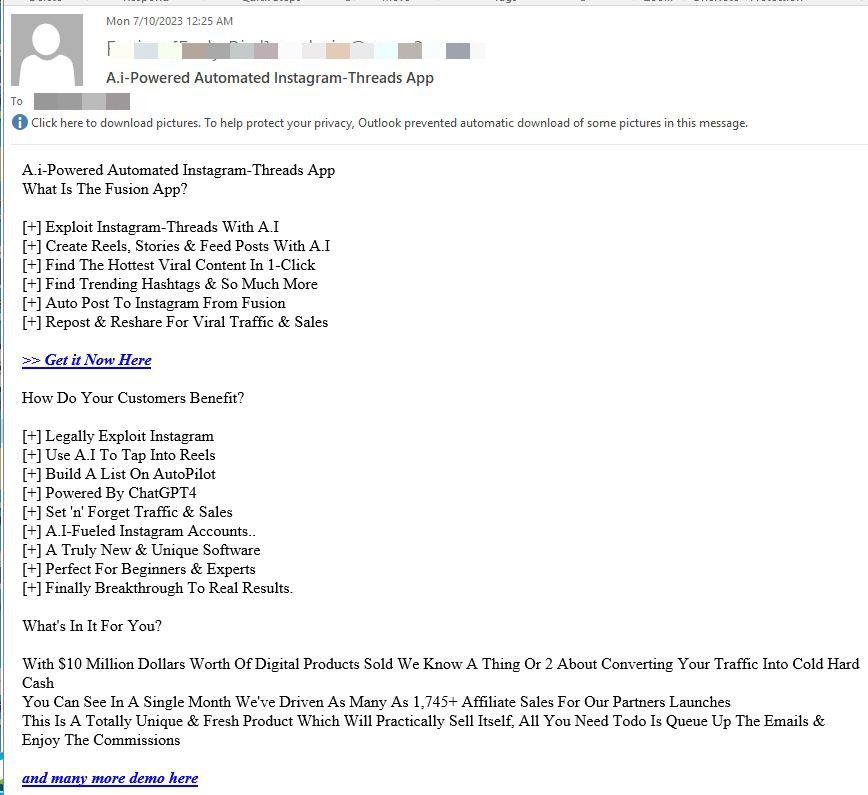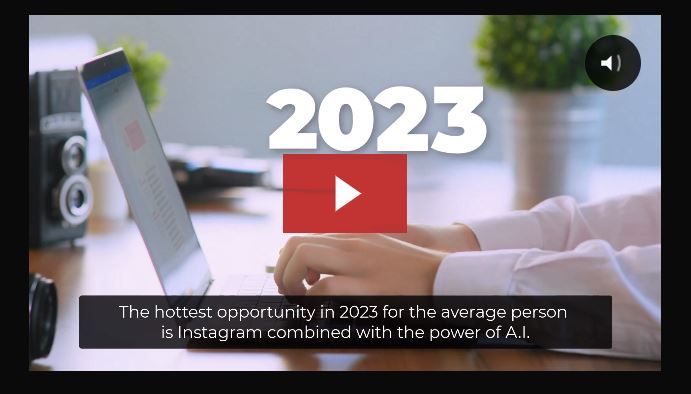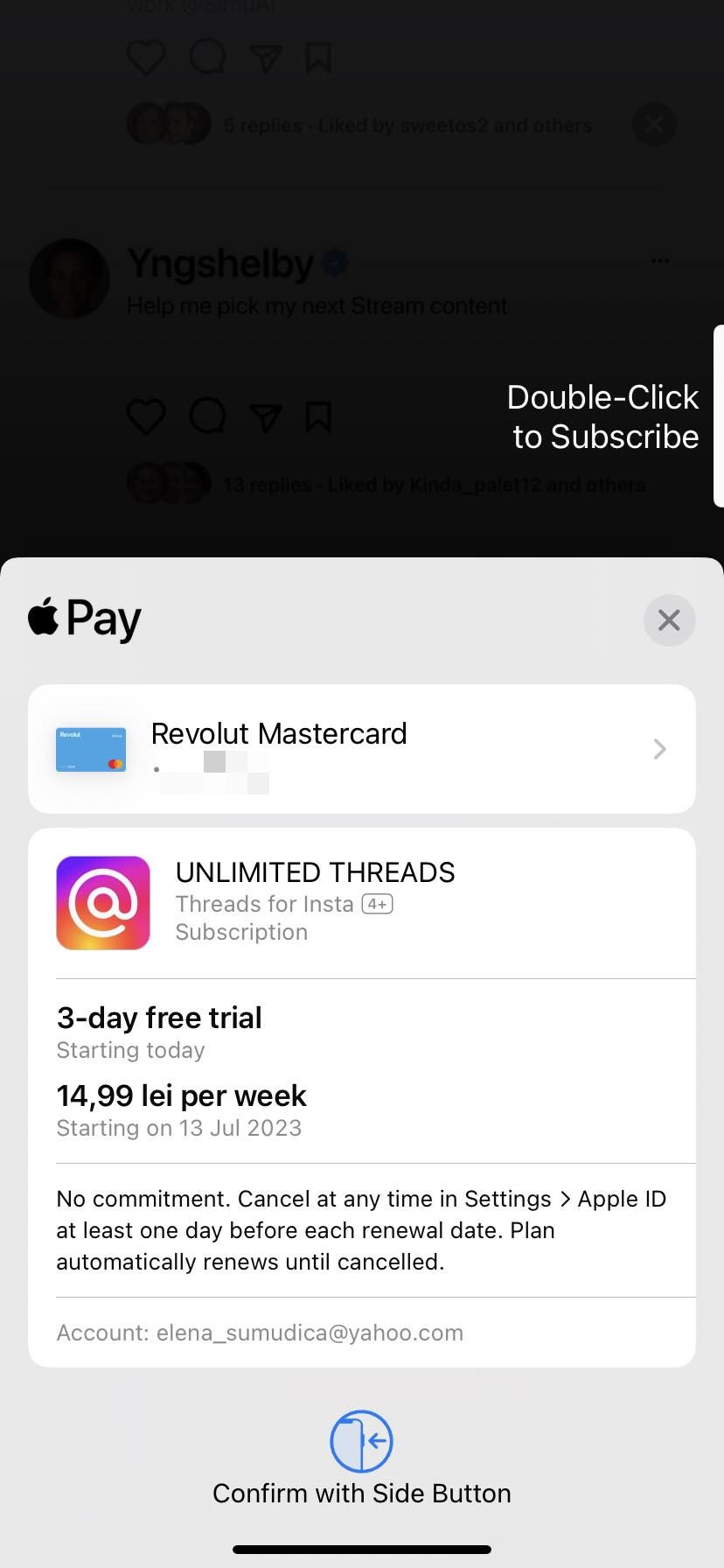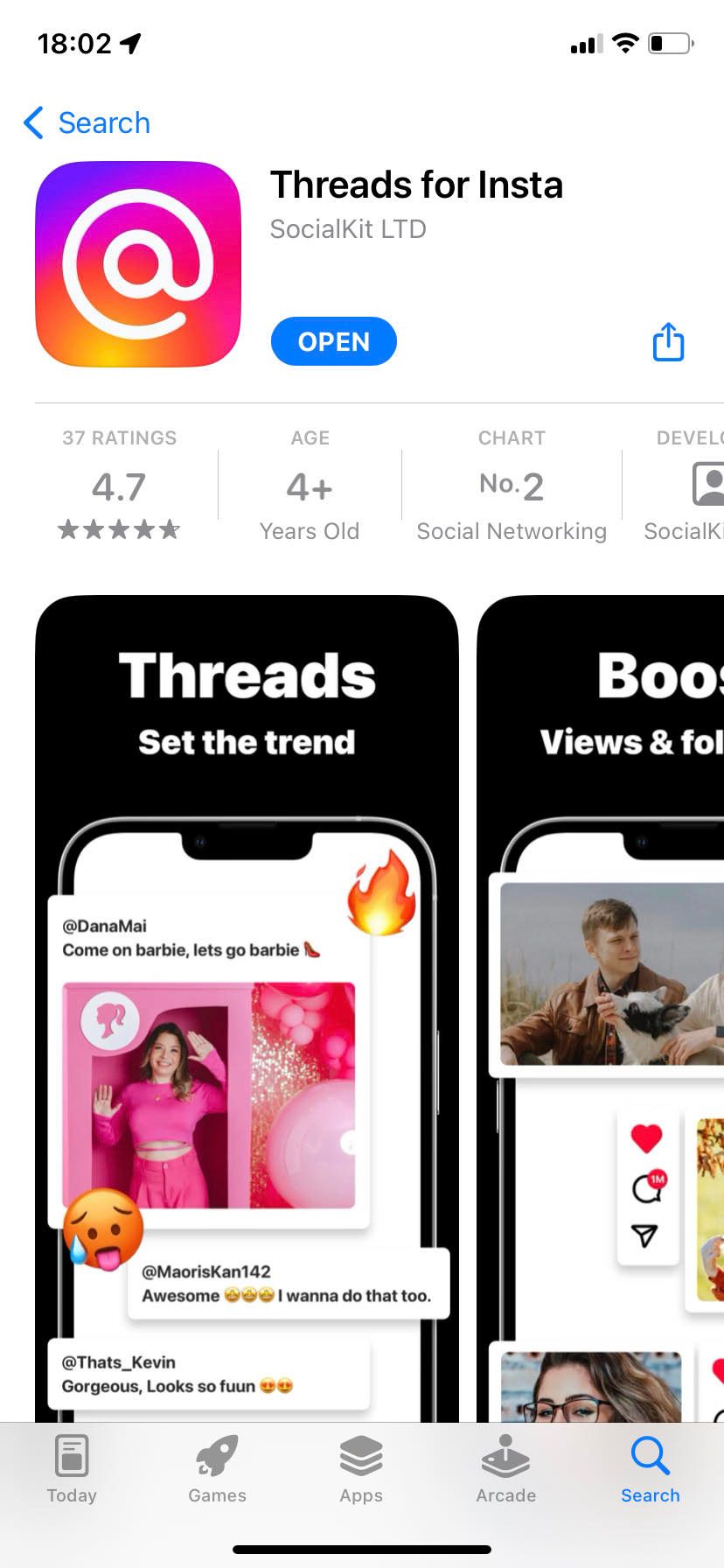What are the potential privacy and security issues with Meta’s new Threads, an Instagram app?

Mark Zuckerberg’s new microblogging app, Threads, has become an overnight sensation, with more than 100 million accounts created on the app within just a week of its launch.
Meta’s Threads app is currently available in only 100 countries, including the US, Australia, New Zealand, Canada, Japan and the UK, and has not yet penetrated the EU due to privacy concerns based on the European Union’s regulatory data protection policy.
While Meta said it is working to accommodate the EU’s stricter privacy rules, multiple privacy and security concerns come into play while taking into account both the success of the platform and its data collection processes.
Facebook, now Meta, has faced numerous privacy issues while maintaining its supremacy as the top social media network in the world. This includes the infamous Facebook-Cambridge Analytica data scandal of the 2010s, FTC privacy charges, data harvesting or scraping incidents and more.
So what are some of the concerns regarding your privacy and security while using the latest microblogging platforms from Meta’s Instagram platform?
1. Excessive data collection practices
Similar to Instagram and Facebook, Threads collects a great deal of data linked to users’ identities, including contact information, financial information, location, contacts, user content, usage data, purchases, search history and other sensitive data. Combined, this data maps out a person’s life in great detail and can be used (if compromised, exposed or abused) to compromise their digital and physical well-being.
A breakdown may be found below:
· Threads Profile Information including your name, email address, settings and preferences.
· Threads Activity including the content you create, the types of content you view or interact with and how you interact with it, metadata about your content
· Threads Followers and Other Connections including data about your followers, and other users and communities you’re connected to and interact with
· Information from Third-Party Services and Users including third-party accounts and profiles (such as your username, profile picture, IP address, and the name of the third-party service
· App, browser, and device information including browsing history and web page interactions
· Health fitness and exercise information that could potentially be sent to third parties
· Other sensitive personal information about you including religious beliefs, sexual orientation, pregnancy status, employment info and political orientation
2. Seamless setup but sketchy deletion process
Threads, an Instagram app is easy to install on both Android and iOS devices. However, a great shortcoming is evident when it comes to signing up to the platform: users can’t delete their account without also deleting their Instagram account in the process. This may force users who would not be so fond of the platform to keep it on standby just so they won’t lose Instagram. Inactive accounts can pose a serious security risk if left unattended for long periods.
3. Another avenue for scams and fraud
Cybercrooks and fraudsters dwell in every corner of the internet, including social media platforms. So while we’re all too familiar with scams, phony crypto giveaways, and impersonation on Instagram and Facebook, these might also proliferate on Threads.
4. Fake apps, spam and even more phishing
Cybercriminals and other malicious individuals are getting faster at exploiting the latest news, crisis or hot online topics, adapting their phishing attacks, scams and swindles for maximum damage.
In fact, Bitdefender Antispam Lab has already picked up a spam campaign leveraging the name of Instagram’s Threads App.
The apparent make easy money while using an “AI-powered Automated Instagram-Threads App” that will allow you to “legally exploit” the app for viral traffic and sales.




Misleading apps have also popped up in Apple’s app store, asking users to pay for unlimited threads on Instagram after a three-day free trial.


How to stay safe:
- Watch out for scams and report suspicious threads
- Make sure you use a strong and unique password
- Scrutinize emails alerting you to security issues on your Threads account
- Don’t click suspicious links or attachments in threads
- If you live in an area where Threads has not been released, don’t feel tempted to download any software that claims it will bypass restrictions; you could install malicious software and spyware on your device
- Use a security solution to block phishing or fraudulent links you may unwittingly access
- Use the privacy settings to manage your visibility and restrict malicious individuals and turn on notifications that will alert you if someone is following you on threads
- In the event of data exposure, use a digital identity protection tool to help you monitor for leaks and data breaches
tags
Author
Alina is a history buff passionate about cybersecurity and anything sci-fi, advocating Bitdefender technologies and solutions. She spends most of her time between her two feline friends and traveling.
View all postsRight now Top posts
Fake Download of Mission: Impossible – The Final Reckoning Movie Deploys Lumma Stealer
May 23, 2025
Scammers Sell Access to Steam Accounts with All the Latest Games – It's a Trap!
May 16, 2025
How to Protect Your WhatsApp from Hackers and Scammers – 8 Key Settings and Best Practices
April 03, 2025
FOLLOW US ON SOCIAL MEDIA
You might also like
Bookmarks







